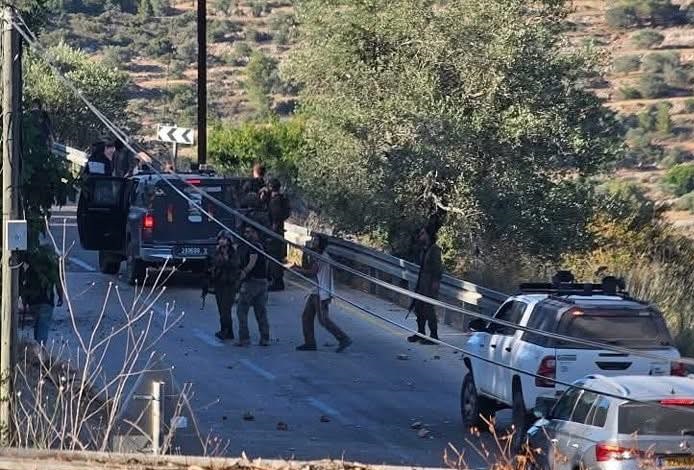RAMALLAH, Sunday, February 24, 2018 (WAFA) – The city of Hebron in the occupied West Bank marks tomorrow the 25th anniversary of the Ibrahimi mosque massacre when an Israeli settler randomly opened fire at Muslims worshippers observing the dawn prayers on a Ramadan morning, killing 29 worshippers and injuring 150 others before he was caught and killed by the crowds.
The settler, an American-Israeli physician identified as Barouch Goldstein, 42, who resided in the ultra-fanatic Kiryat Arba settlement in Hebron, walked into the mosque as a large number of Muslim worshippers, mainly elderly, were praying and opened fire randomly from his Israeli army-issued machine gun leading to the large number of deaths and injuries.
To make matter even worse, Israeli soldiers, who were in the vicinity of the mosque, closed the doors to the mosque and prevented the worshippers from running for their lives. They also prevented people from outside to enter it to help in evacuating the killed and wounded.
Residents who wanted to reach the mosque and those inside clashed with the soldiers, leaving an additional number dead and injured, and later clashes following the funerals raised the number of Palestinians killed on that day to 50 in Hebron alone, and to 60 adding to them those killed in confrontations that broke out elsewhere in the occupied West Bank against the Israeli occupation forces.
Following the massacre, Israel decided to punish the victims by closing down the Old City quarter of Hebron, where the Ibrahimi Mosque is located, for six months. An all-Israeli committee that was formed to probe the massacre recommended, instead of punishing the Jewish settlers, to divide the mosque between Muslims and Jews and to close down several commercial streets, most notably Shuhada Street, which remains closed for Palestinians until today. Army checkpoints were also set up and restricted movement of Palestinians while Israeli settlers continued to move freely and without any restrictions.
The new facts on the ground created after the massacre to punish the victims are still in place until today.
K.T/M.N










